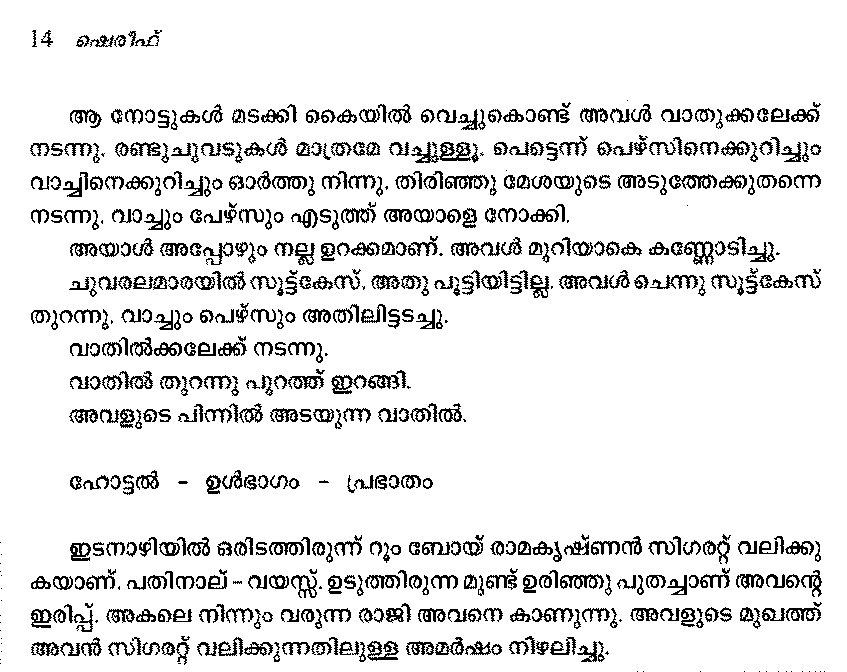

Thinking, as Borges once said, is the normal respiration of the intelligence. The dichot-omy of writing about elite thought and subaltern action, instituted by subaltern historians, continues.

Although at one level this represents an attempt to take seriously forms of intellection by indigenous intellectuals, in its form and method it may signify a return to an elite history that privileges elite thought, national identity, and a hermetic understanding of writing and texts over the contextual and miscegenated spaces of the historical imagination. South Asian history after the subaltern studies moment has moved to a writing of the intellectual history of colonial India. The real question is how can historians write postnational histories of thinking? How should we engage with times other than the putatively regnant homogeneous, empty time of empire or nation? I argue that there is an immanent time in texts (arising from the conventions and protocols of the form, the predilections of the thinker, and imagined affinities with ideas coming from other times and places) that exceeds the historical time of the text. Does the location of the text in " colonial India " exhaust the space-time of its imagination? The essay argues for a porous rather than a hermetic understanding the " text " was a supplement to the actual verbal confrontation on street corners and arguments in ephemeral print. Kristumatachhedanam (1890) and Pracina Malayalam (1899) draw upon a variety of sources across space and time: the echoes of contemporary debates across India and Empire as much as the detritus of the Enlightenment contest between rationalism and religion in Europe. This essay looks at two early texts by a Hindu religious figure, Chattampi Svamikal (1853–1924), from Kerala, the southwestern region of India.


 0 kommentar(er)
0 kommentar(er)
